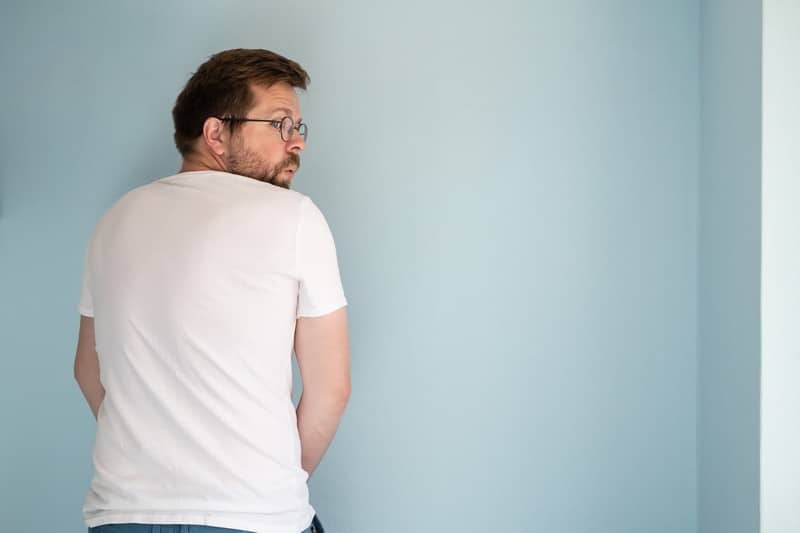Urge Incontinence

As an overactive bladder is associated with benign prostatic hyperplasia, some patients may experience urinary continence. There are two different types of urinary incontinence that men with prostate gland enlargement experience, namely urge incontinence and overflow incontinence.
In the case of urge incontinence, the brain signals the bladder that it is time to go, even when it is only partially full. On the other hand, overflow incontinence refers to an urgency to urinate but can only release a small amount of urine.
An enlarged prostate pressing against the urethra is a common cause of overflow incontinence. As the bladder cannot empty at the right time, it will get full at a certain point. As a result, collected urine in the bladder may leak even when an individual may not feel the urge to urinate.
Urinary incontinence can negatively impact a man’s quality of life. For example, men with prostate gland enlargement may find it hard to perform their usual daily tasks or sit through lengthy meetings due to the involuntary discharge of urine. Therefore, timely and appropriate treatment is imperative for men with benign prostatic hyperplasia to resume a normal way of life.










